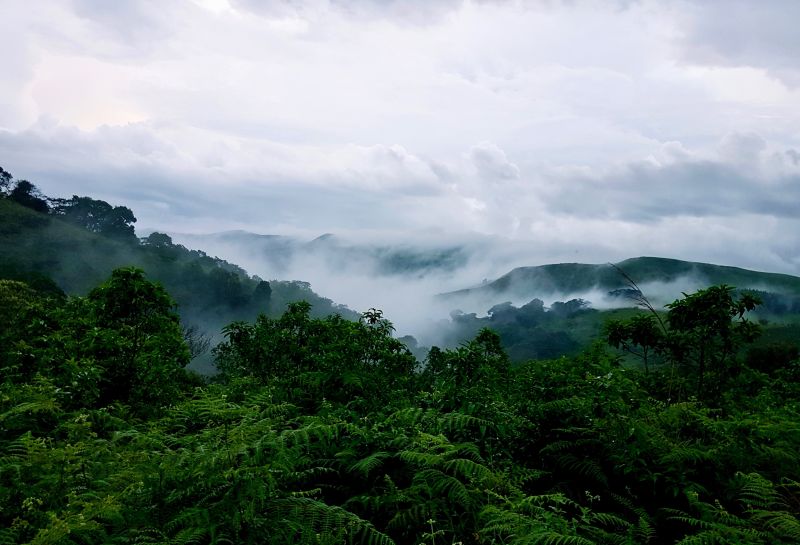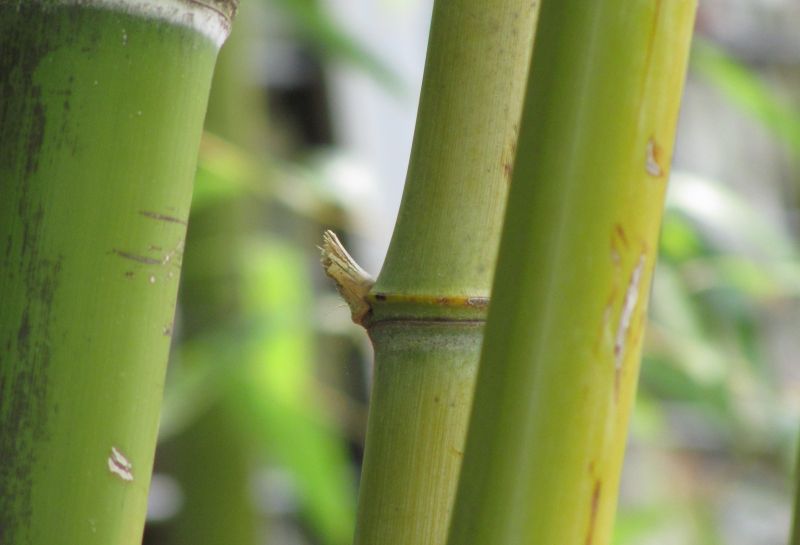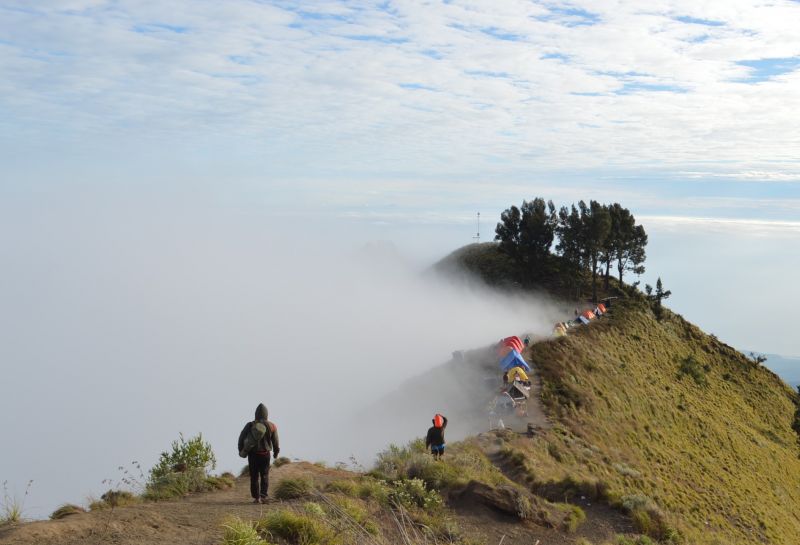Events
 Back to Events
Back to Events
- Date:
- Monday, 03 Apr 2023
- Time:
- 2:10 p.m. to 3:30 p.m.
- Location:
- College of Business, N105> Livestream option registration: https://msu.zoom.us/webinar/register/WN_P9xcLwPCSyyM5swN3spC1A
- Department:
- Asian Studies Center
DR. NATALIE KOCH, Professor of Geography, Syracuse University | Maxwell School of Citizenship and Public Affairs.
Spectacle has not been extensively theorized by geographers, despite their longstanding interest in its role in political, cultural, and urban geography. Focusing on statist spectacle, this book outlines a geographic approach that treats it as a political technology and asks: who uses it, for whom, and when and where? To move beyond the prevailing “then and there†approach to spectacle, I argue for a grounded approach to asking “when and where†spectacle unfolds that also accounts for the unspectacular spaces, effects, and experiences that represent spectacle’s Others. Doing so effectively entails examining the deeply contextual spatial imaginaries that are required to give spectacle meaning. The trope of synecdoche, I suggest, is key to understanding the logic of spectacular urbanism. Through a cross-regional empirical study of recent capital city development schemes in Central Asia (Astana, Baku, Ashgabat), the Arabian Peninsula (Abu Dhabi, Doha), and East Asia (Naypyidaw, Bandar Seri Begawan), I show how synecdoche, as a spatial metaphor, can divert attention from the multiple ways that spectacle’s unspectacular Others are expressed and scaled in each region.
As a political geographer, Dr. Koch focuses on empire, geopolitics, identity politics, and state power, primarily in the Arabian Peninsula. Building from her recent research on the role of arid lands expertise in U.S. empire-building domestically and overseas, her next project will focus on the wider history of U.S. science diplomacy in the Gulf region.
Co-sponsors: • Department of Geography, Environment and Spatial Sciences
• Muslim Studies Program
• Center for European, Russian, and Eurasian Studies
• Asian Studies Center



